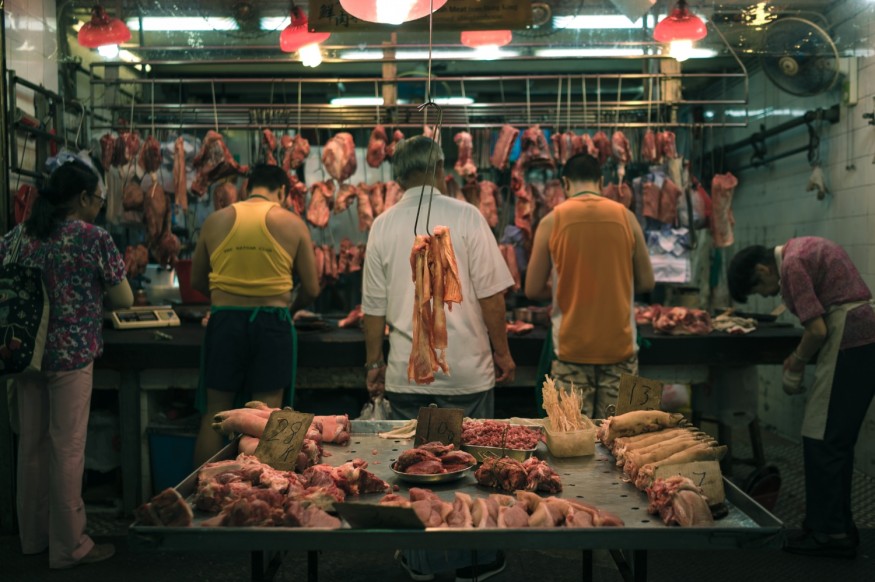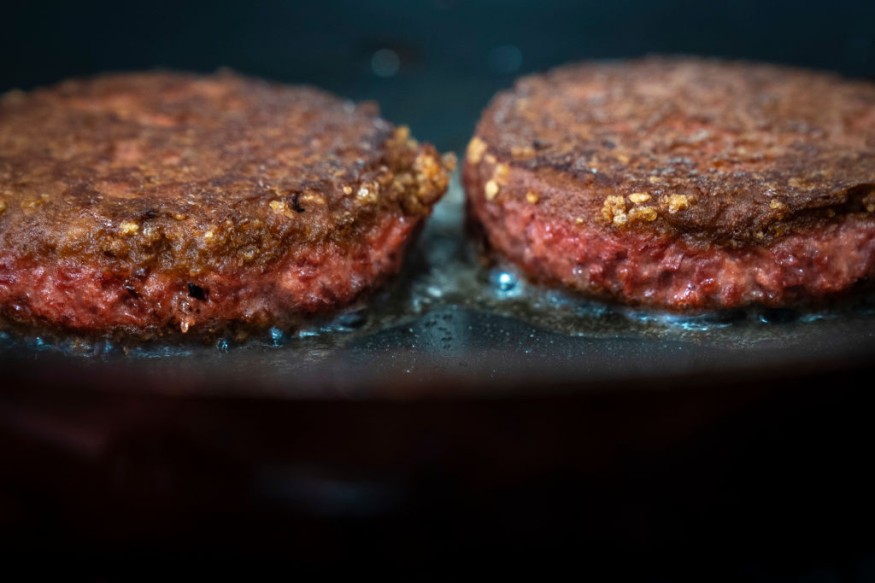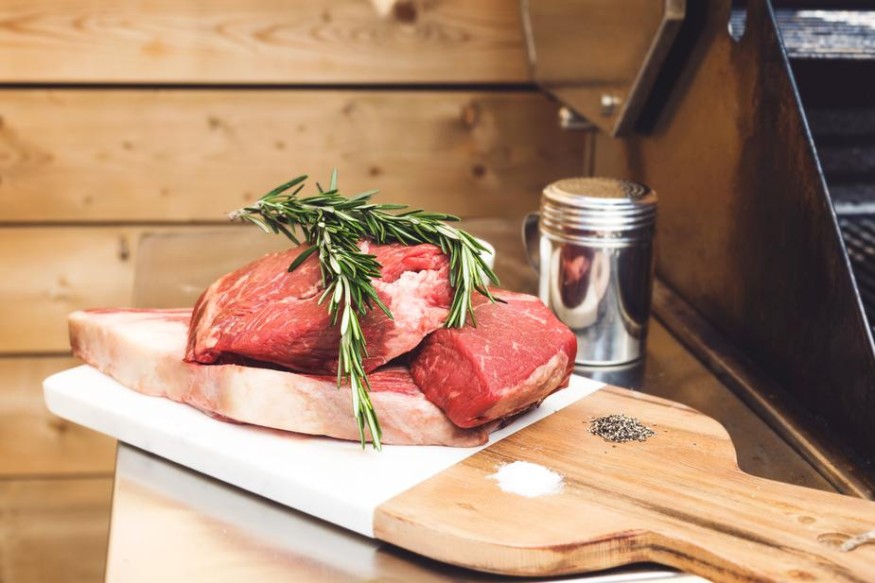
According to a survey, the rapid growth of plant-based alternatives to animal products could mean that Europe and North America will hit "peak meat" by 2025. At that point, traditional meat consumption will begin to decline.

The study also predicts that by 2023, plant-based meats would be on par with conventional meat in price and that by 2035, nine out of ten of the world's favorite meals, from pepperoni pizza to sushi, would have viable substitutes.
Alternative Meat Market

Alternative proteins are very likely to grab 11 percent of the global protein market by 2035 and 22 percent if fast technological and regulatory change is achieved, according to a survey by the Boston Consulting Group (BCG) and Blue Horizon Corporation.
As concerns about food, the environmental effects of agriculture, and animal care increase, a growing number of people are consuming meat and dairy alternatives. According to the study, the annual demand for alternative meat, poultry, dairy, and seafood products is expected to hit $290 billion (£210 billion) by 2035.

"The most striking point is that in certain scenarios, we'll be at peak meat in developing economies by 2025," said Decker Walker, BCG's head of agribusiness. "There's a lot of chatter about alternative proteins being futuristic and that many people don't like the idea of synthetic meat. Although most people are unaware, we are now at a stage where [traditional] meat intake is set to decline for the first time in history. The switch to substitute proteins has far-reaching global implications."
Related Article : 'You'll Get Used to the Taste' Bill Gates Advises Eating Synthetic Meat to Protect Earth
Rise in Popularity

If substitute proteins account for 11% of purchases over the next 15 years, the study predicts that 1 billion tonnes of CO2 will be avoided, farmland equal to the size of the United Kingdom will be released from poultry, and 50 billion fewer chickens will be produced.
Decker claims that meat substitutes have already proven themselves in dishes like spaghetti bolognese, where they make up a minor part of the overall flavor profile. He expected that unprocessed cuts of meat would be the last to have feasible substitutes. "Everything has to be right when you do a steak," he said.
"From what we've seen as investors in this new field over the last six years, I think 11 percent alternative proteins by 2035 is a conservative number," Rosie Wardle, a partner at Synthesis Capital, which invests in alternative proteins, said. I'd wager that the report's bull case figure of 22 percent is the more probable outcome by 2035, given the confluence of factors driving traction in the sector."
Environmental Impact
According to experts, avoiding traditional meat and dairy products is the most effective way to reduce the environmental effects. The ingestion of red meat regularly has recently been attributed to an increased risk of heart disease, diabetes, and pneumonia.
In 2019, another study projected that by 2040, most "meat" will not come from slaughtered cattle. However, a year earlier, a UN Food and Agriculture Organisation chief predicted peak meat was approaching in developing countries. In the United Kingdom, school and hospital caterers have pledged to reduce the amount of meat served by 20%, and a group of UK health professionals has proposed a climate levy on meat.
Possible Larger Market in the Future
The latest research is focused on an industry survey as well as over 40 expert interviews. According to the study, rising customer and investor worries about meat's effects drive demand for substitute protein products that closely mimic the flavor, texture, and price of animal proteins, with this alone driving market share up from 2% today to 11% in 2035.
According to Bruce Friedrich of the Good Food Institute, governments who embraced alternative protein technologies will reap the benefits. "No country in the world will be able to fulfill its [climate] commitments until global meat intake declines. Now is the time for countries around the world to put taxpayer money to good use."
Also Read : Scientists Aim to Maximize the Potential of Plant Enzymes to Produce More Synthetic Food
For more news update about alternative lifestyle and the environment, don't forget to follow Nature World News
© 2026 NatureWorldNews.com All rights reserved. Do not reproduce without permission.





